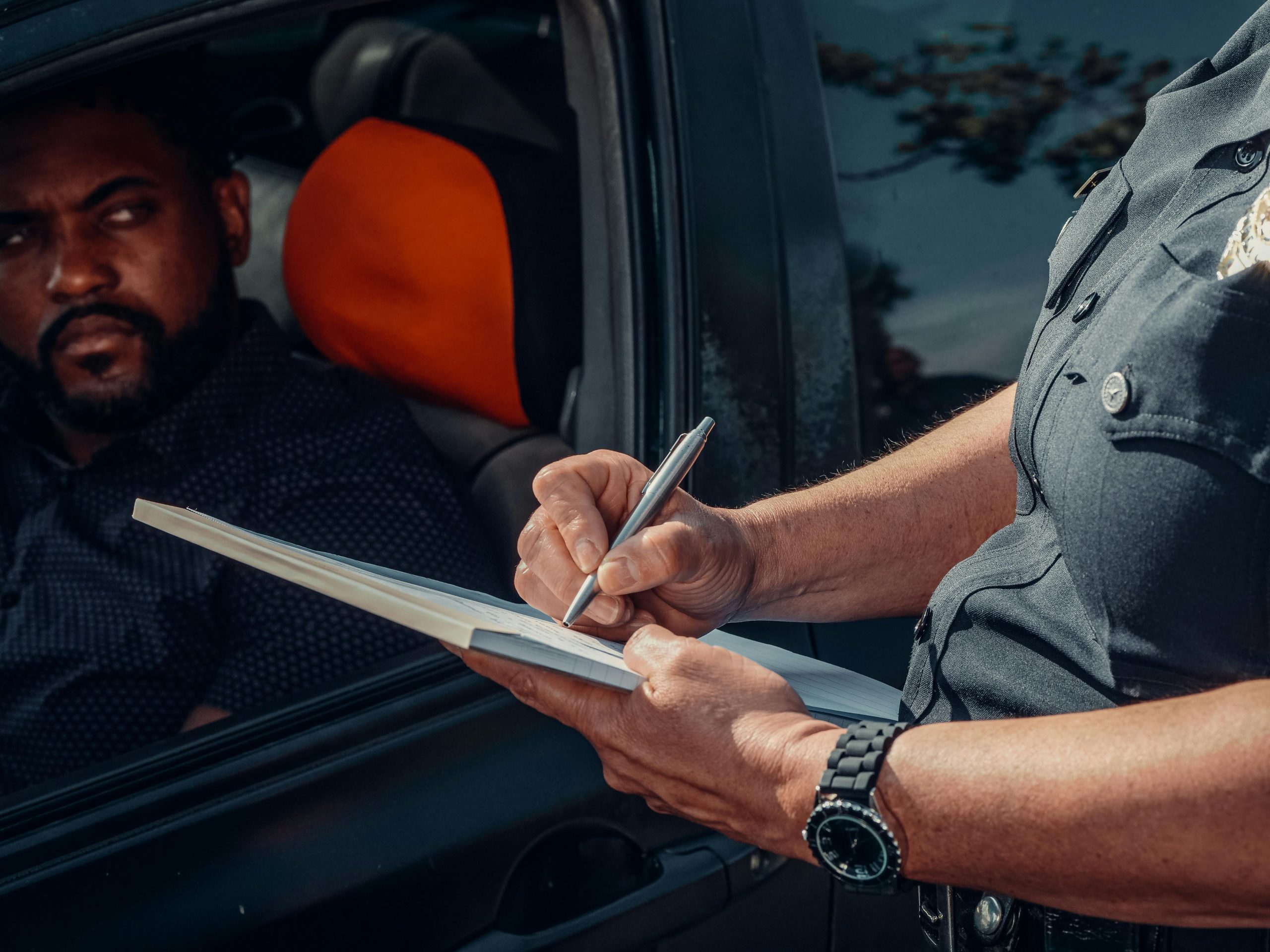Advice Needed: I Was Rear-Ended and My Insurance Situation
I just experienced my first ever car accident—I got rear-ended. The other driver was clearly at fault, but since it was just a minor fender bender, the cop said a report wasn’t necessary (I’ve since realized this is not the best advice). The other driver had an insurance card, so I thought everything was in order, but it turns out they actually didn’t have insurance after all.
I’ve opened a claim hoping to have my car repaired, but now I’m left with a damaged fender and a rate increase, even though I wasn’t to blame. My wife mentioned that because we still owe on our cars, we have to keep full coverage, but I’ve never heard of that before.
I have a couple of questions: 1. Is there anything I can do to prevent my rates from increasing due to a claim that won’t be fulfilled (I’ve heard this can affect me for five years, which seems outrageous)? 2. Since it seems like my current policy isn’t covering anything, can I switch to just basic coverage?
Thanks for your help!




I’m sorry to hear about your situation—it sounds really frustrating. Here are some options you might want to consider regarding your questions:
Insurance Rate Increase: First, contact your insurance company and explain the situation in detail. Sometimes, insurers can review claims if they see that you’re not at fault and the other driver was uninsured. Ask if they have an accident forgiveness policy or if they can escalate your claim to a supervisor for review. Document everything and keep records of your communication with them. You might also want to shop around for quotes from other insurers; some companies have more lenient policies when it comes to rate increases after accidents.
Coverage Options: If your wife is saying that you need full coverage because you still owe money on your cars, she’s correct in many cases. Lenders usually require you to carry full coverage (which includes collision and comprehensive) until the car is paid off, especially if it’s a financed vehicle. However, you can check with your lender to see if there are any options available to reduce coverage once you’ve built up enough equity in the vehicle. Just be cautious about having only basic liability coverage, as that won’t protect you or your vehicle in case of future accidents.
Additionally, check if your state offers uninsured motorist coverage, which can help cover damages when you’re hit by an uninsured driver. You may need to file a claim under your own policy, depending on your coverage options.
Consider talking to a local attorney who specializes in insurance claims if you’re feeling stuck, particularly if you think the other driver’s insurance might still be a viable route (even if it seems unlikely now). Best of luck!